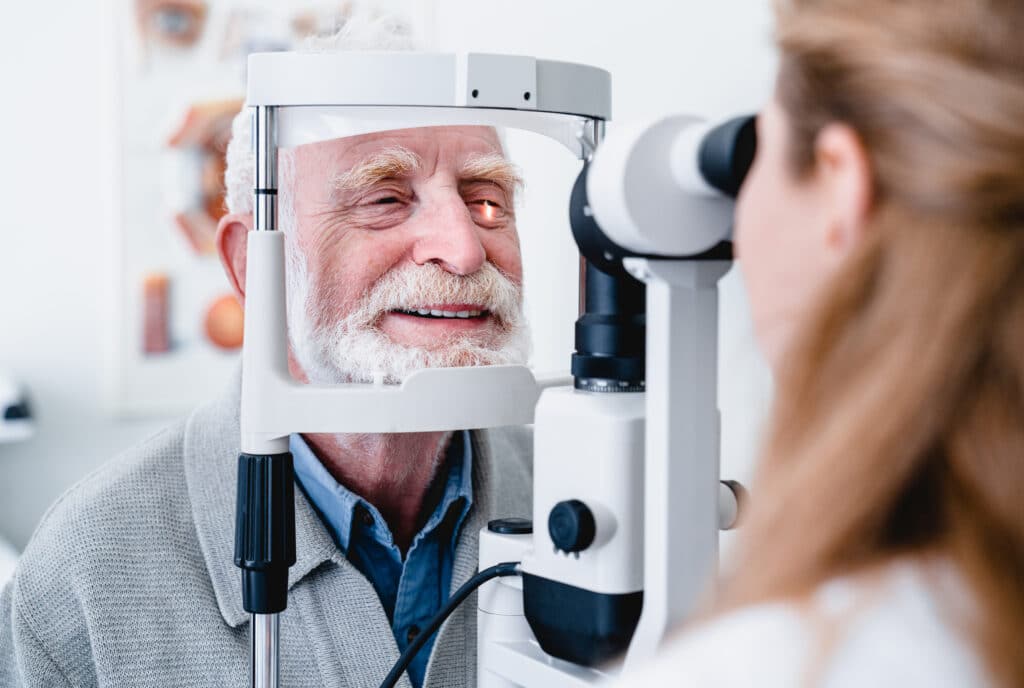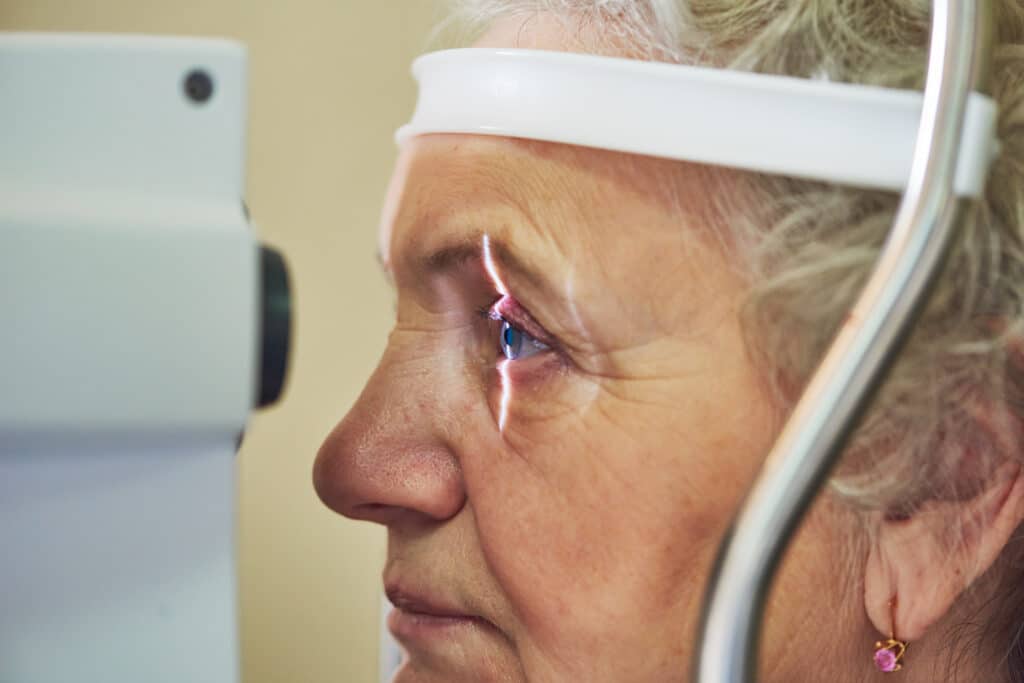Why Is It Important To Consult An Ophthalmologist?
June 15, 2023
Our eye concerns change throughout our lives, ranging from refractive errors that require glasses to age-associated conditions such as cataracts. An ophthalmologist like the ones at Heart of Texas Eye Care is qualified to diagnose and treat the entire spectrum of eye needs, from routine care to emergencies.
What is an Ophthalmologist?
An ophthalmologist is a type of eye care professional. Unlike optometrists or opticians, ophthalmologists are either medical doctors (MD) or doctors of osteopathy (DO). They have attended four years of medical school and years of additional specialization that includes eye surgery. They may choose additional areas of specialization. Ophthalmologists are qualified and trained to treat the full range of eye concerns and conditions.

Why is it Important to Consult an Ophthalmologist?
An ophthalmologist can diagnose and treat many eye conditions that another eye professional cannot. Other conditions may be diagnosed during a routine eye exam, and you may be referred to an ophthalmologist for treatment.
The ophthalmologists at Heart of Texas Eye Care provide a range of services, including:
- Laser eye surgery, including LASIK, SMILE, and PRK
- Other types of vision correction, including refractive lens exchange or implantable lenses
- Cataract surgery
- Corneal conditions and corneal transplants
- Diabetic eye care
- Macular degeneration treatment
- Glaucoma management
- Dry eye care
- Eye allergy control
- Cancer screening
You should see an ophthalmologist if you experience changes in your vision, including blurriness, sensitivity to light, or eye pain. Early diagnosis can address these conditions and stop them from progressing. An ophthalmologist is also highly qualified for the long-term management of chronic conditions like diabetes-related eye conditions and macular degeneration.
If you experience sudden eye pain, headaches, glare, and other abrupt changes, contact your ophthalmologist immediately. These can be signs of closed-angle glaucoma, a medical emergency that can cause damage quickly. They can also be signs of other serious eye conditions.
The Path to Clearer Vision Starts Here
What Happens During an Eye Exam?
What happens during your eye exam depends on your needs. Your ophthalmologist will often dilate your eyes, which means applying drops that widen your pupils so they can examine more of the inside of your eyes. This will leave your vision blurry and your eyes sensitive to light for a few hours. Examinations performed may include:
- A visual acuity test where you read letters off an eye chart at a measured distance
- A peripheral vision test where you follow an object with your eyes
- A test for color vision where you look for shapes in colored dots
- Your ophthalmologist uses a microscope and lens to examine the structures inside your eye
- Your ophthalmologist uses a magnifying tool called a slit lamp for a closer look
- The eye pressure is checked to assess risk for glaucoma.
None of these tests are painful or invasive. Your eye doctor may shine bright lights into your eye so they can examine all the structures clearly. Let them know if you feel uncomfortable during any part of the eye exam. They may perform other tests as needed if they want to check for specific conditions.
Take the Next Step
If you’d like to learn more about ophthalmologists, schedule a consultation with our Heart of Texas Eye Care team, serving Dripping Springs, Austin, Kyle, Bee Cave, Marble Falls, and other surrounding areas. Contact us at (512) 213-2220 today!
*Individual results may vary


